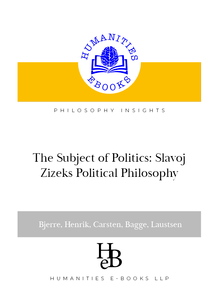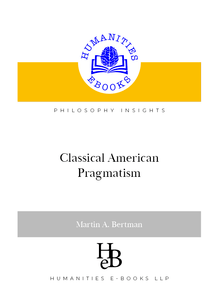Formal Logic , livre ebook
111
pages
English
Ebooks
2021
Obtenez un accès à la bibliothèque pour le consulter en ligne En savoir plus
Découvre YouScribe en t'inscrivant gratuitement
Découvre YouScribe en t'inscrivant gratuitement
111
pages
English
Ebooks
2021
Obtenez un accès à la bibliothèque pour le consulter en ligne En savoir plus
Publié par
Date de parution
11 janvier 2021
Nombre de lectures
2
EAN13
9781847600417
Langue
English
Publié par
Date de parution
11 janvier 2021
Nombre de lectures
2
EAN13
9781847600417
Langue
English














